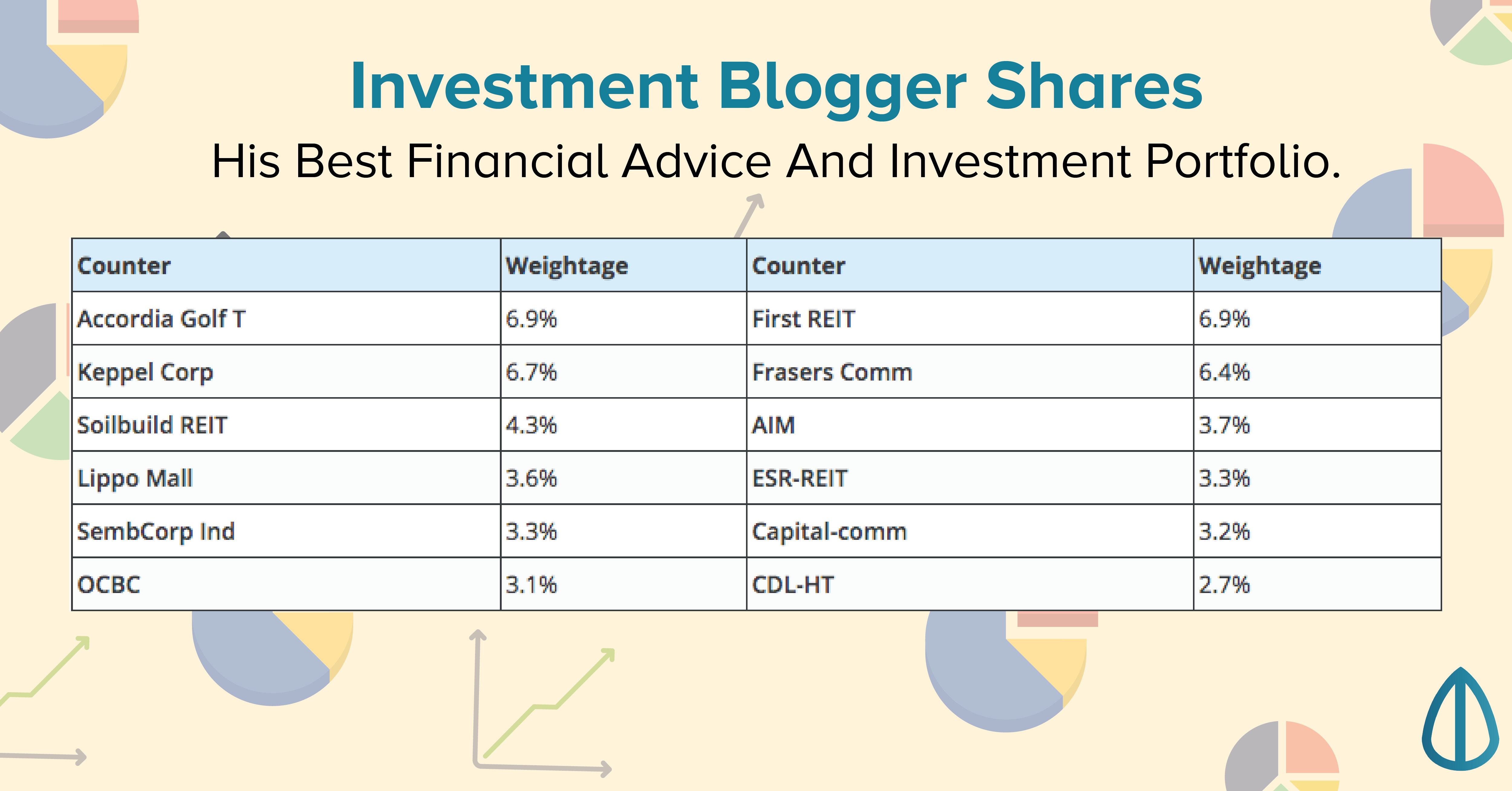Advertisement
Anonymous
Is it wise to rebalance your stocks portfolio if a stock rises very significantly such that it becomes a majority of your holdings ?
As the title suggests, one of the stocks in my portfolio (majority index funds with some allocations to stocks) has surged significantly in recent times such that it is now the second largest holding in the portfolio.
Would like to seek opinions as to whether I should sell a portion of it and re-allocate it back to index funds to ensure the desired proportion of ETFs vs Stocks ? Am on the fence on ensuring healthy balance or losing out on further gains
13
Discussion (13)
Learn how to style your text
Reply
Save
Chris cctzjd
28 Feb 2025
Own time own target at Self Employed
Thanks for the insights
Reply
Save
I'm personally a dividend investor and hence I don't have a "sell" button on my holdings unless the fundamentals of the company changes drastically.
When I purchase a stock i typically divide them into 2 categories: 1 without a sell button, which are mostly for my dividend income, and 1 with an (adjustable) target price - the latter being more of a trade than an investment. For the latter, I do cash out on my capital at times so that I don't incur any losses should price take a dive, though that would also mean i'm reducing my potential profits which i'm okay with.
Hope it helps with a different perspective!
Reply
Save
Ngooi Zhi Cheng
Edited 20 Feb 2025
Student Ambassador 2020/21 at Seedly
As someone who has managed portfolios through both bull and bear markets, I understand the emotional challenge you're facing. It's the classic investor's dilemma: do you stick to your original strategy or let your winners run? Let me share my perspective.
There's a common misconception that rebalancing means "giving up" on potential gains. In reality, it's about risk management. Think of it this way: if a single stock dominates your portfolio and that company faces a major setback (regulatory issues, leadership changes, earnings miss), your entire portfolio becomes vulnerable. The concentration risk may not feel dangerous during good times, but it can be devastating during market downturns.
Here's my practical approach to rebalancing when individual positions grow significantly:
- Set clear trigger points - I generally recommend rebalancing when any single stock position exceeds 15-20% of the portfolio's value
- Use a gradual approach - Consider selling in tranches over 2-3 months rather than all at once
- Maintain some upside exposure - You don't need to sell back to your original small position; if you have strong conviction in the company, maintain a slightly larger allocation
- Consider tax implications - Time your sales to minimize tax impact when possible
- Document your reasoning - Write down why you're rebalancing to stay accountable to your strategy
Remember, the goal of diversification isn't to maximize returns - it's to optimize your risk-adjusted returns over the long term. By maintaining appropriate position sizes, you're protecting yourself from both market and emotional risks.
A balanced portfolio may not make for exciting dinner party conversation, but it helps you sleep better at night and stay invested through market cycles. That's what builds real wealth over time.
Want more practical portfolio management tips and insights from my 15+ years of experience? Follow me on Instagram @ngooooied where I regularly share case studies and strategies from my wealth management practice.
Regards, Ngooi Zhi Cheng Senior Portfolio Manager ChFC
Reply
Save
If one stock has blown up and is now taking up way more of your portfolio than you’re comfortable wi...
Read 7 other comments with a Seedly account
You will also enjoy exclusive benefits and get access to members only features.
Sign up or login with an email here
Write your thoughts
Related Articles
Related Posts
Related Posts
Advertisement








I think this is what a lot of fund managers are doing in order to manage their risk.